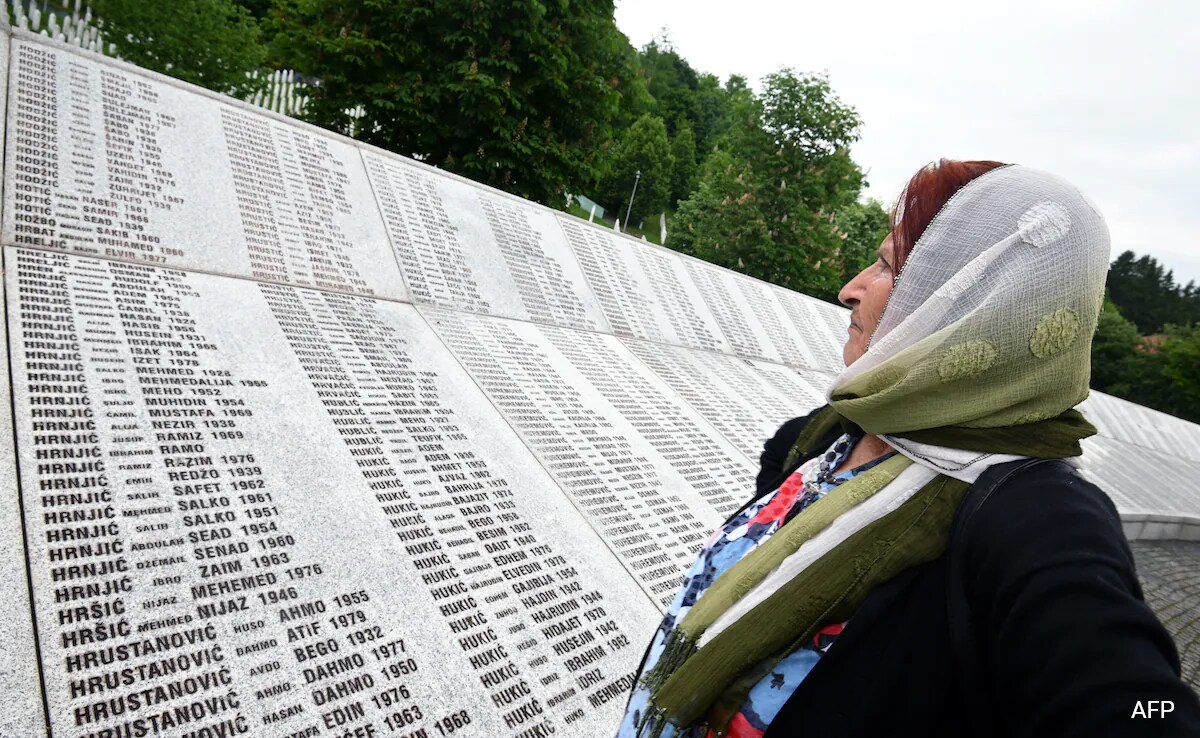Bosnian Genocide: Remembering the Srebrenica Massacre
The Srebrenica Massacre
On July 11, 1995, a few months before Bosnia’s inter-ethnic war ended, Bosnian Serb forces captured the eastern town of Srebrenica. In the following days, they killed more than 8,000 Bosnian men and boys in its vicinity. This heinous act of violence, known as the Srebrenica Massacre, is considered the worst atrocity on European soil since World War II.
The Aftermath
The Srebrenica Massacre left deep scars on the survivors and the entire Bosnian population. Families were torn apart, and communities were shattered. The trauma of the massacre continues to haunt the survivors, who struggle to come to terms with the loss of their loved ones.
The international community was also heavily criticized for its failure to prevent the massacre. The United Nations had declared Srebrenica a safe area, but failed to protect the civilians under its care. This failure highlighted the need for stronger international intervention in conflicts to prevent similar tragedies from happening in the future.
Despite the passage of time, the wounds of the Srebrenica Massacre remain fresh in the memories of those who lived through it. It serves as a grim reminder of the consequences of unchecked hatred and violence.
Impact on Me
As an individual, learning about the Srebrenica Massacre has made me more aware of the atrocities that can occur in times of conflict. It has reinforced the importance of standing up against injustice and promoting peace and reconciliation in our communities. The tragic events of Srebrenica serve as a reminder of the fragility of peace and the need to work towards a more just and equitable society.
Impact on the World
The Srebrenica Massacre shocked the world and led to renewed calls for accountability and justice. It prompted the international community to reflect on its role in preventing such atrocities and spurred efforts to strengthen mechanisms for peacekeeping and conflict resolution. The legacy of the Srebrenica Massacre continues to influence global efforts to prevent genocide and crimes against humanity.
Conclusion
The Srebrenica Massacre remains a dark chapter in history that must never be forgotten. It serves as a sobering reminder of the consequences of hatred and intolerance, and the importance of working towards a more peaceful and inclusive world. By remembering the victims of Srebrenica, we honor their memory and commit ourselves to building a future free from violence and injustice.





